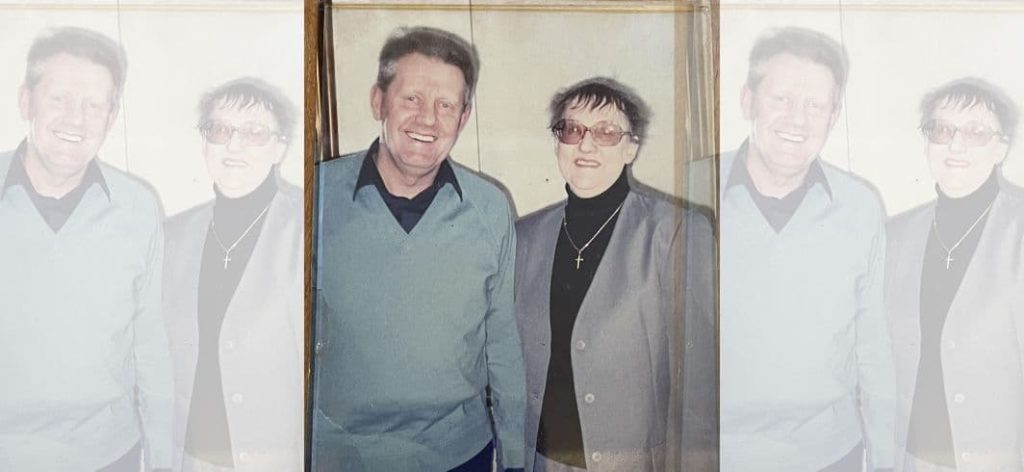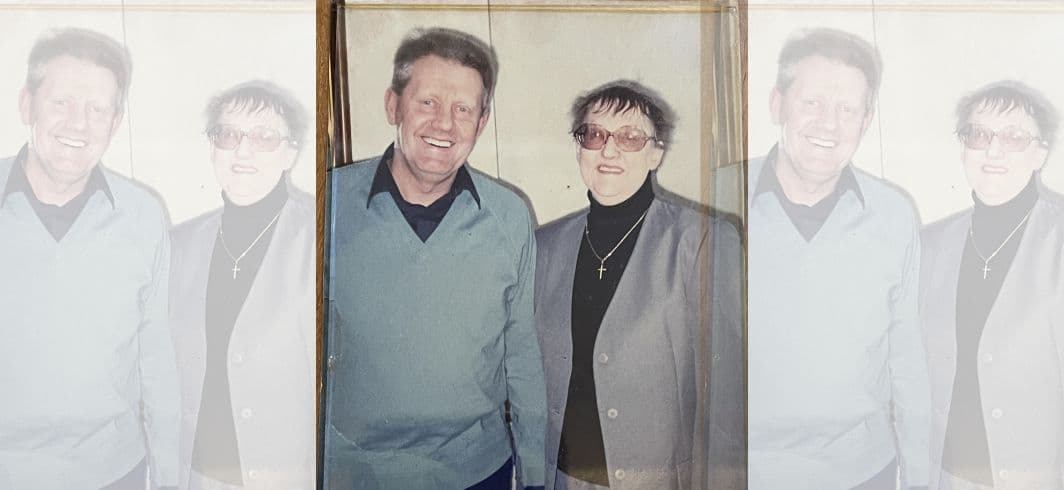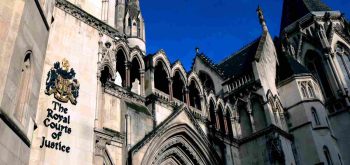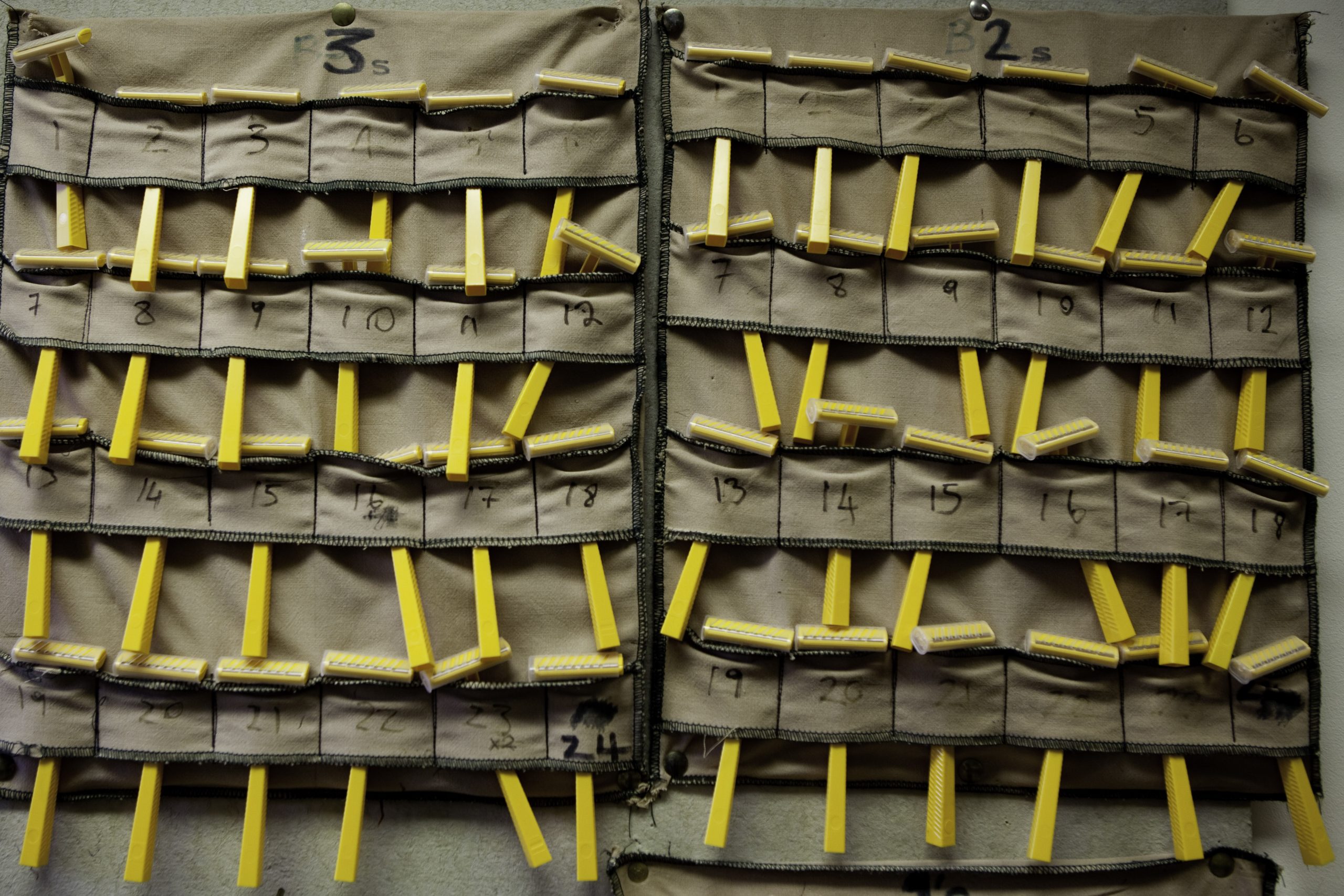The first conviction relating to the Post Office’s pre-Horizon software, Capture, has been referred to the Court of Appeal by the miscarriage of justice watchdog. Patricia Owen was convicted of theft in 1998, based on the data of her Post Office branch’s accounting system, which pre-dated the now infamous Horizon software. Owen died in April 2003 before she was able to clear her name over the £6,000 accounting shortfall and an application to the CCRC was made on her behalf by her family in January last year.
A damning report into the faulty Post Office IT system that preceded Horizon was unearthed this June by Sky News. It was found in a garage by a retired computer expert and was described at the time as a ‘fundamental piece of evidence’. So far the Criminal Cases Review Commission (CCRC) has received 34 applications from people who want their convictions related to the Capture system re-investigated and sent back to the Court of Appeal. Capture was used in over 2,000 Post Office branches between 1992 and 1999.
Dame Vera Baird KC, Chair of the CCRC, said: ‘We have more than 30 applications to refer Post Office convictions which predate Horizon and most of these cases are under active investigation. In some of these very old cases, there is a dearth of paperwork, dates or other information.
‘We have exercised our powers under section 17 of the Criminal Appeal Act 1995 to require the Post Office to produce all the material they have, in each case and they will provide it where it is available.’
In July this year an inquiry into the Post Office Horizon scandal, which led to the most widespread miscarriage of justice in human history, revealed that 13 people took their own lives because of what they had suffered. The inquiry’s report laid bare the ‘unspeakable’ human impact on the victims and their families.








